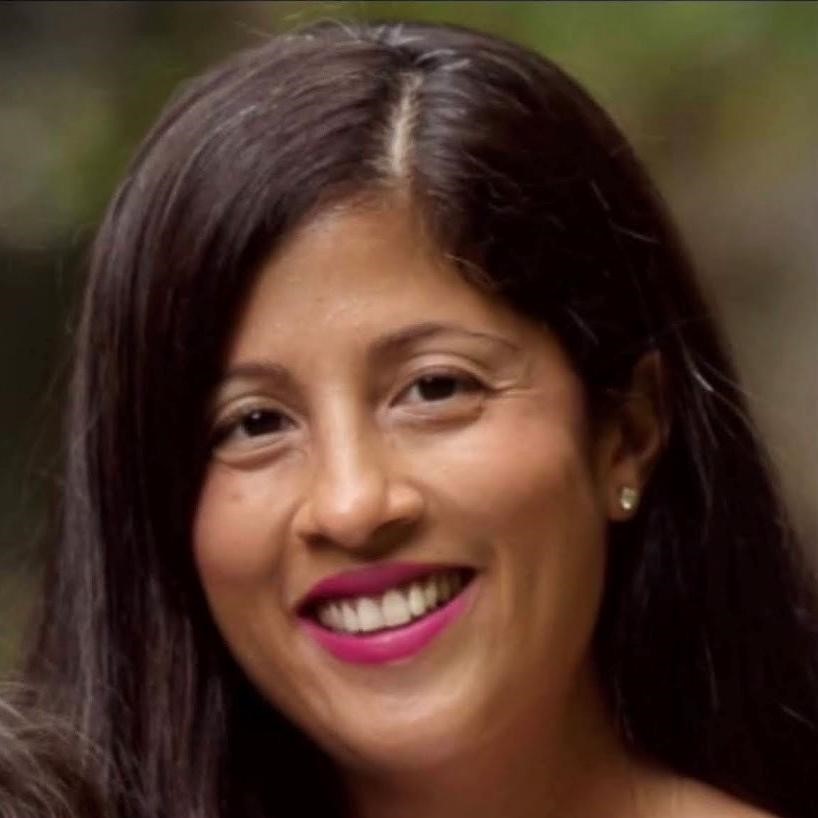- Tell us about your background and your transition to the pharma/biotech industry.
I had the privilege of working in Medical Information in the pharmaceutical industry during the summers of my undergraduate biochemistry degree at McMaster University. I was amazed at all the interesting roles pharmacists could do in industry. It was then that I knew I wanted to become a pharmacist and grow my career in the pharmaceutical space. During my undergraduate pharmacy degree at the University of Toronto, I was drawn to clinical practice, as many of my professors were hospital pharmacists.
Working in a hospital would give me the proper clinical foundation and multidisciplinary team experience to deliver the best patient care. After completing the coveted hospital residency program at Mount Sinai Hospital, I stayed on as a General Medicine Pharmacist and worked in other clinical areas, such as General Surgery, Psychiatry and intensive care. After several years in clinical practice, I was ready to grow my career in the industry, where my passion for pharmacy practice started. After completing my Doctor of Pharmacy (PharmD) at the University of Colorado, I was given the opportunity to be a Medical Science Liaison (MSL) and proceeded to work for several companies in this role. By helping physicians advance medicine and patient care, I knew this was the perfect role for me.
- How would you describe your level of experience?
I have 6 years of experience in hospital pharmacy practice and 11 years in Medical Affairs within the pharmaceutical industry. During this time, I mentored pharmacy residents, Doctor of Pharmacy Students and colleagues.
- What do you enjoy most about being an MSL?
As an MSL, I enjoy scientific exchange with the key opinion leaders (KOLs) I work with. Through developing relationships, I learn about their experience in treating their patients and discuss the latest research to support their patients.
- What is a “best practice” that has changed the way you work as an MSL?
The best practice that changed the way I work as an MSL is to understand my KOLs practice and research interests. I implemented this best practice early on as it helped me tailor my discussions to gather insights and to present research data. This is truly the core of being an MSL. It helps our KOLs make scientific decisions when treating their patients and our medical and clinical affairs teams to develop and study new indications.
- Tell us about a time where you felt like you made an impact as an MSL and how that impact fueled further passion for your work.
As a new MSL, I arranged an introductory meeting with a specialist to establish a relationship and gather information about his practice and the types of patients he treats. Upon review of various studies related to his specialty, he wanted to learn more about guidelines to support the pathway to diagnosis and treatment. My goal was to provide guidelines on the differential diagnosis and management of the condition, to address key questions and controversies, and bridge the gap between existing literature/guidelines and real-world clinical practice scenarios. Several months later, he requested additional information for his presentation to a group of family physicians on the topic to create more awareness, diagnosis, and treatment.
This is a great example of impacting positive behavioral change through evidence and guidelines and treat with appropriate pharmacotherapy. This has fueled my passion to use evidence and guidelines to support KOL engagement in the future.
- Where do you see the role of MSLs evolving in the future, and what trends do you anticipate in healthcare industries?
I see the role of MSLs evolving to support the development of clinical trials. Through scientific exchange as an MSL, we obtain insights from our KOLs on how the drug is being used, which can support development of clinical trials and provide new indications for patient care.
- What challenges do you commonly face in your role and how do you overcome them?
One of the most common challenges I have faced no matter what therapeutic area I have worked in is the access to KOLs. Many of them are interested in conducting research or being speakers, which makes our engagement genuine. They have busy schedules, research responsibilities, and teaching commitments. Over the years, I have developed some strategies to create an access plan, such as attending conferences and organizing KOL events, leveraging existing relationships with other KOLs or cross-functional team members.
- How would you describe the culture at Inizio Engage?
Inizio Engage provides a positive and supportive culture which gave me growth opportunities in a unique therapeutic area. The culture at Inizio Engage is about encouraging employees to excel in their strengths, clearing the path when support is needed, all while maintaining a good work-life balance.
- What do you like to do in your spare time?
I enjoy spending time with my family whether it’s skiing, golfing or playing tennis. I also love to run… some of my best thinking and planning is during a good run!
- How do you stay updated on the latest advancements, research, and industry trends in your field?
As an MSL, I stay updated on the latest advancements and research by attending national and international conferences in my field, reading peer-reviewed journals, meeting with KOLs and having discussions with our medical affairs team.

Ver más información de Inizio Engage.
Jump to a slide with the slide dots.
MSL Spotlight Series: Meet Laura Feldsteen, MD
Meet Dr. Laura Feldsteen, a seasoned Medical Science Liaison with over 11 years of experience in the pharmaceutical industry.
MSL Spotlight Series: Meet Dr. Joseph Mejia, MD
Dr. Joseph Mejia MD, a dedicated Medical Science Liaison shares his passion for learning, relationships with KOLs and leaving a positive impact.
